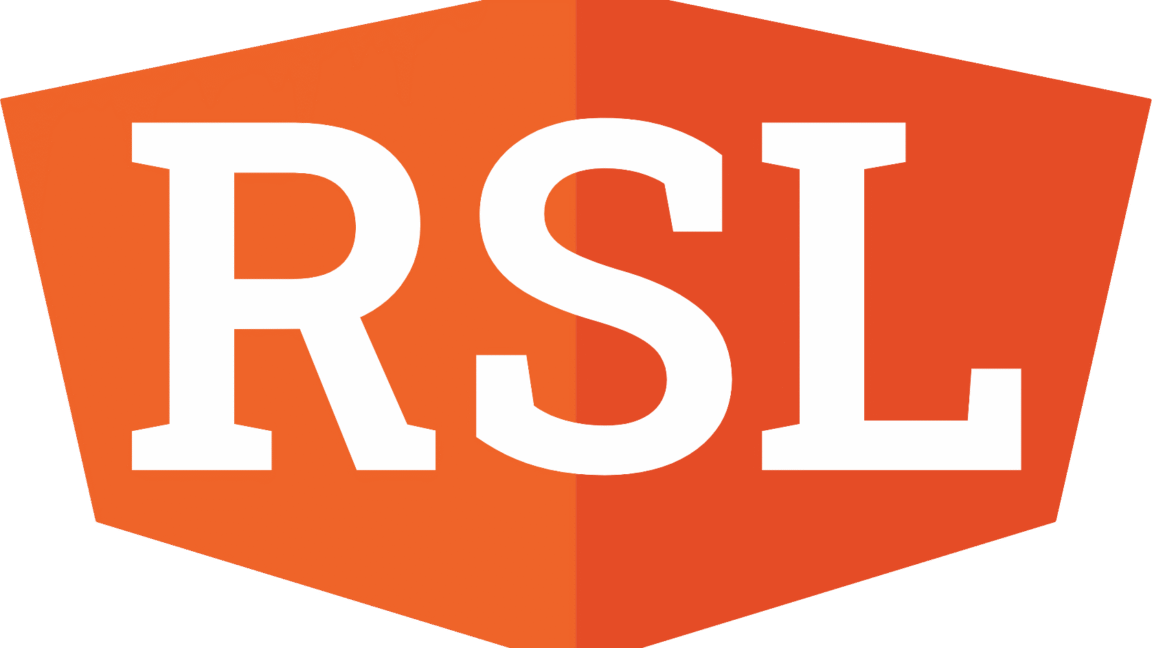Introduction to Artificial Intelligence in Healthcare
Artificial Intelligence (AI) is transforming the healthcare industry in various ways. From enhancing patient care to streamlining clinical workflows, AI’s impact is undeniable. However, to fully leverage AI’s potential, healthcare organizations must prioritize effective governance, foster a supportive culture, and adhere to strict ethical standards.
Strategies for Governance
Governance in the context of AI in healthcare refers to the frameworks, policies, and procedures that guide the development, deployment, and use of AI technologies. Effective governance ensures that AI systems are transparent, accountable, and aligned with organizational goals and values. This includes establishing clear guidelines for data management, ensuring compliance with regulatory requirements, and setting standards for AI system validation and testing.
The Role of Culture
Culture plays a crucial role in the successful adoption of AI in healthcare. A culture that embraces innovation, encourages experimentation, and values continuous learning is essential for maximizing the benefits of AI. Healthcare organizations must invest in employee education and training, foster collaboration between clinicians and technologists, and promote a mindset that is open to change and innovation.
Ethics in AI Adoption
Ethics is a critical consideration in the adoption of AI in healthcare. AI systems must be designed and used in ways that respect patient autonomy, protect privacy, and prevent bias. This includes ensuring that AI algorithms are transparent and explainable, that data used to train AI systems is diverse and unbiased, and that patients are fully informed about the use of AI in their care.
Leveraging AI for Better Healthcare
AI has the potential to significantly improve healthcare outcomes by enhancing diagnosis accuracy, streamlining clinical workflows, and personalizing patient care. By leveraging AI, healthcare organizations can analyze large amounts of data quickly and accurately, identify patterns that may not be apparent to human clinicians, and make predictions about patient outcomes.
Conclusion
Transforming healthcare with AI requires a multifaceted approach that includes effective governance, a supportive culture, and a strong commitment to ethics. By prioritizing these elements, healthcare organizations can unlock the full potential of AI, improve patient outcomes, and create a more efficient and effective healthcare system.
FAQs
- What is AI governance in healthcare?
AI governance in healthcare refers to the policies, procedures, and standards that guide the development, deployment, and use of AI technologies in healthcare settings. - Why is culture important for AI adoption in healthcare?
Culture is important because it influences how willing and able an organization is to adopt and effectively use AI technologies. A supportive culture can facilitate the successful integration of AI into clinical practices. - What ethical considerations are key when adopting AI in healthcare?
Key ethical considerations include respecting patient autonomy, protecting patient privacy, ensuring AI systems are transparent and unbiased, and obtaining informed consent from patients when AI is used in their care. - How can AI improve healthcare outcomes?
AI can improve healthcare outcomes by enhancing diagnosis accuracy, personalizing treatment plans, streamlining clinical workflows, and predicting patient outcomes based on large datasets.











